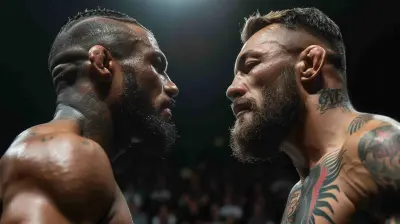The Role of Sports Psychology in Elite Basketball Performance
23 October 2025
When we talk about elite basketball players, we often think about their vertical leaps, lightning-quick crossovers, and picture-perfect jump shots. But what’s going on upstairs—inside their minds—is just as vital as their physical gifts. Welcome to the world of sports psychology, the behind-the-scenes MVP in elite basketball performance.
You might not see it on the stat sheet, but every clutch shot, every comeback, every calm reaction under pressure—sports psychology plays a part.
Let’s break it down and see why the mental side of the game is just as important as the physical side.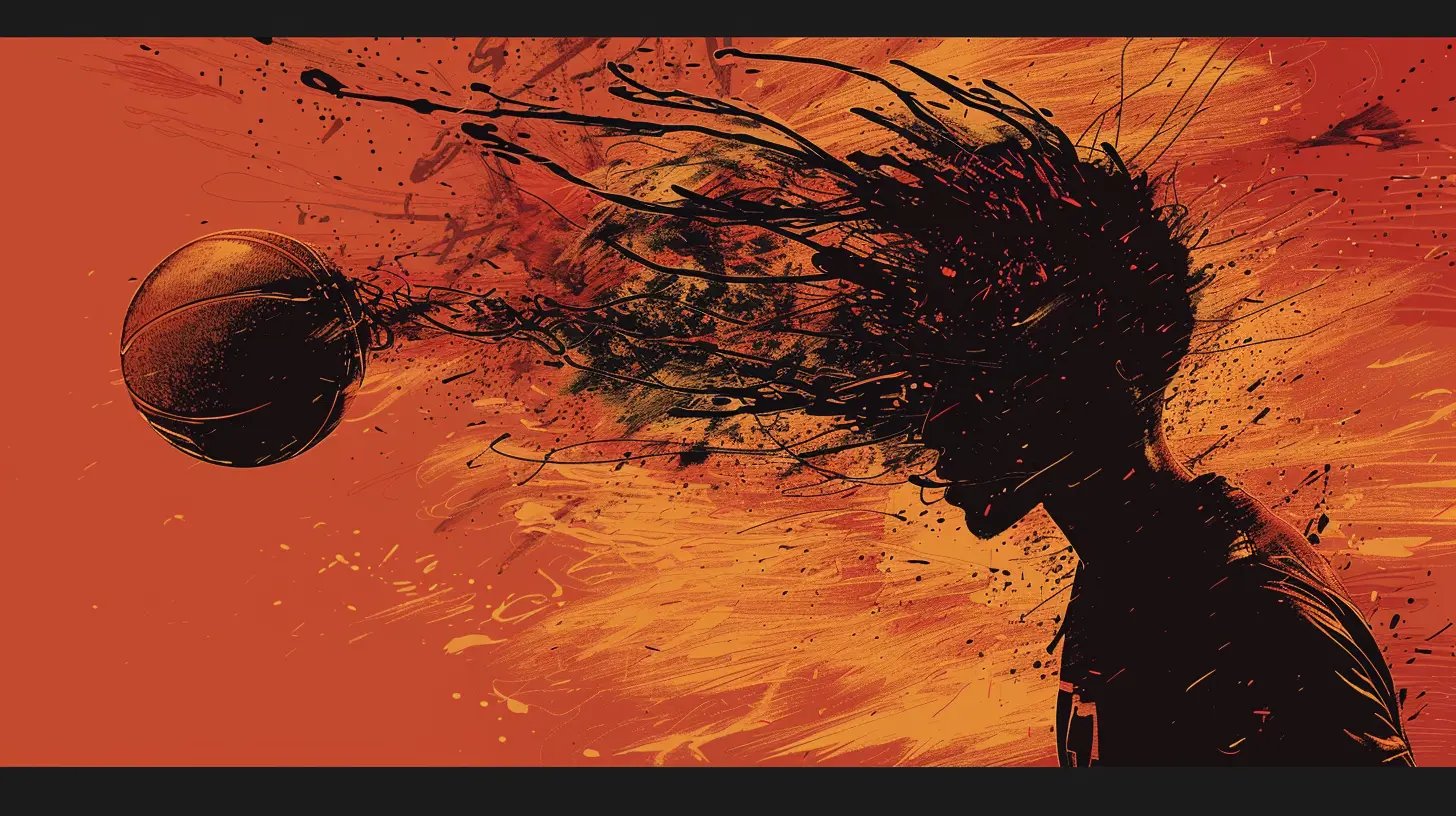
What Is Sports Psychology Anyway?
At its core, sports psychology is the study of how mental and emotional factors influence athletic performance. It looks at everything from motivation, confidence, and focus to anxiety, burnout, and mental resilience. For elite athletes, especially in a high-stakes sport like basketball, mastering what's between the ears is non-negotiable.Think of sports psychology as the coach for your brain—guiding it, training it, and teaching it how to perform when everything’s on the line.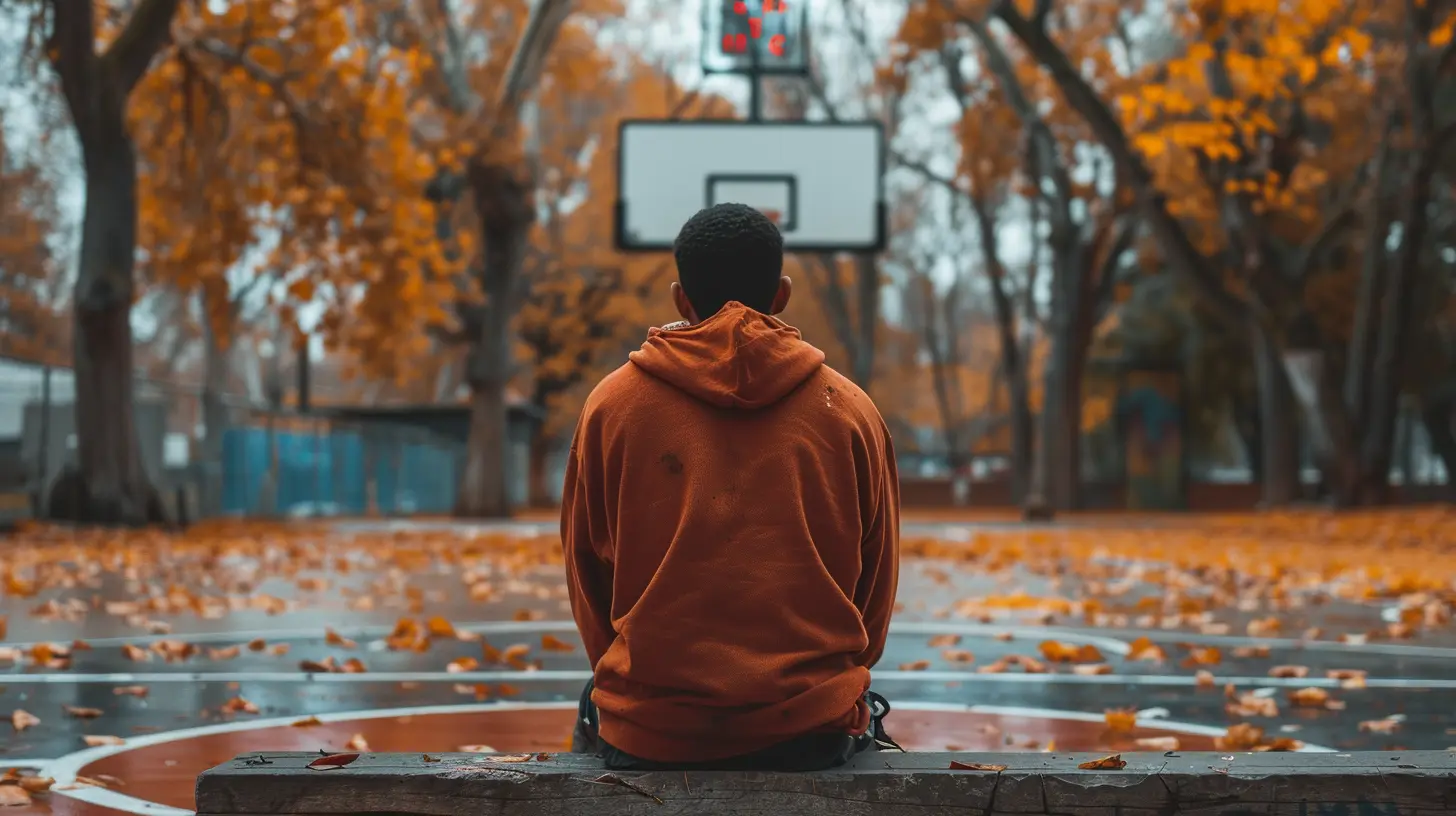
The Mental Game: Why It’s a Game-Changer in Basketball
Pressure? What Pressure?
Let’s be real. The pressure in elite-level basketball is brutal. The crowd’s screaming, the clock’s ticking, and the game’s on the line. It’s enough to make even a seasoned vet sweat bullets.That’s where sports psychology steps in.
Mental training helps players stay cool under pressure. Instead of freezing or panicking, they learn to embrace the pressure, treat it like a friend, and make it work in their favor.
Visualization techniques, breathing exercises, and pre-game mental routines help athletes prepare for those do-or-die moments—so when they hit the court, it’s just muscle memory mixed with mental clarity.
Staying Focused in a World Full of Distractions
In a fast-paced game like basketball, losing focus for even a second can be the difference between winning and losing. With the crowd roaring, opponents trash-talking, and coaches yelling from the sidelines, distractions are everywhere.Sports psychologists teach players how to “lock in.” One popular tool? Mindfulness. Yeah, it might sound a bit Zen, but staying present in the moment instead of reliving a missed shot or worrying about your next move can dramatically improve performance.
Ever notice how great players seem to move in slow motion when the game's chaotic? That’s focus. And it’s trainable.
Confidence: The Secret Sauce to Consistency
Let’s face it—if you don’t believe in yourself, even the best skill set won’t help. Confidence is like the fuel that powers execution.But here’s the kicker: confidence isn’t just about talent. It’s about mindset. Sports psychology helps athletes develop unshakeable self-belief—even when they’re in a slump, facing stronger opponents, or coming back from an injury.
The trick? Techniques like self-talk, goal setting, and mental imagery help athletes rebuild and reinforce confidence on and off the court.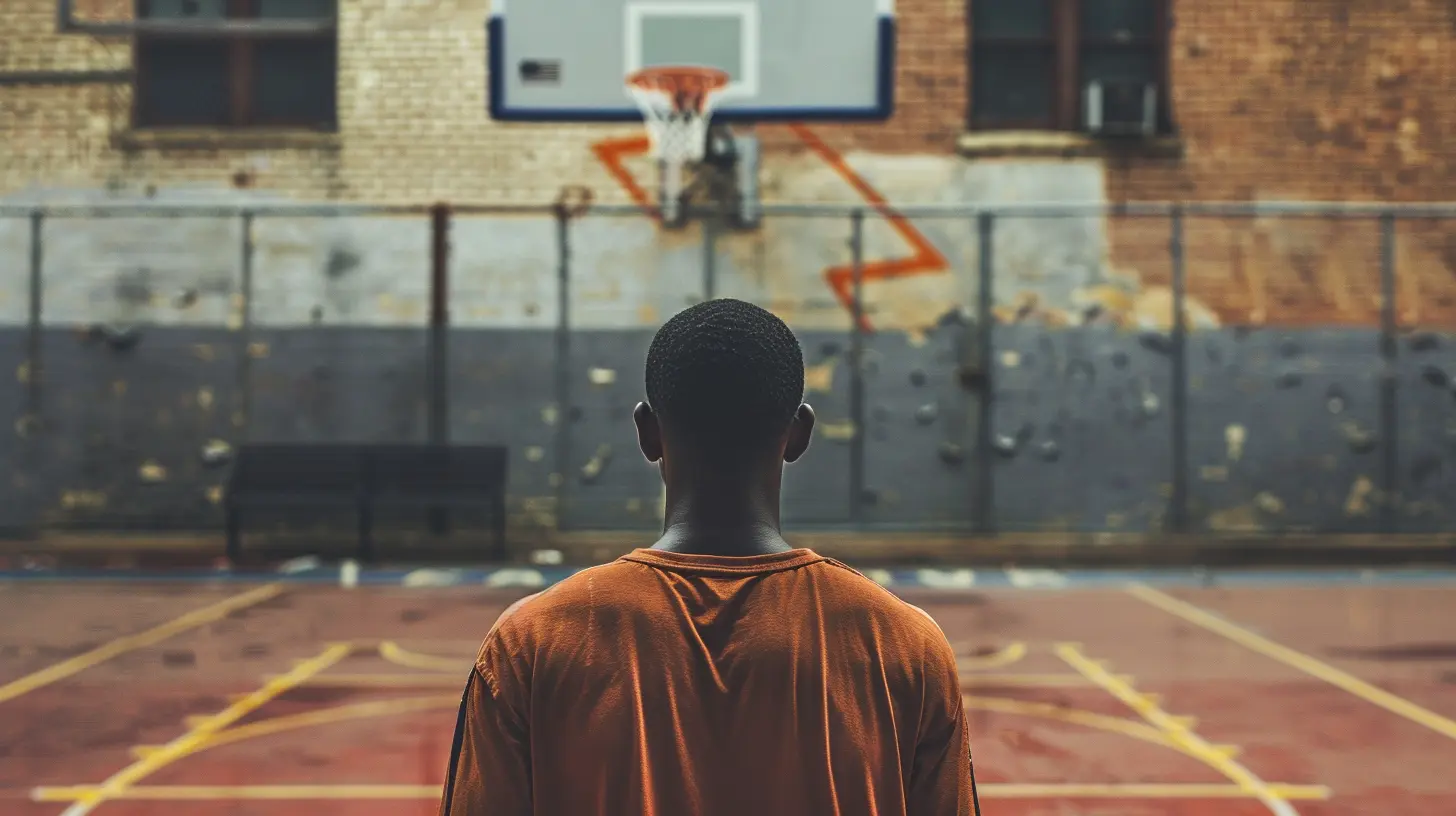
Building Mental Toughness: The Foundation of Elite Performance
Mental toughness doesn’t mean hiding your emotions or pushing through pain blindly. It means resilience—the ability to bounce back after failure, adapt during adversity, and stay consistent regardless of the circumstances.Basketball is full of highs and lows. One night you’re the hero, the next you’re missing free throws. The mentally tough player? They brush it off, reset, and keep going.
That grit? It’s not always natural. But with sports psychology, it can be developed.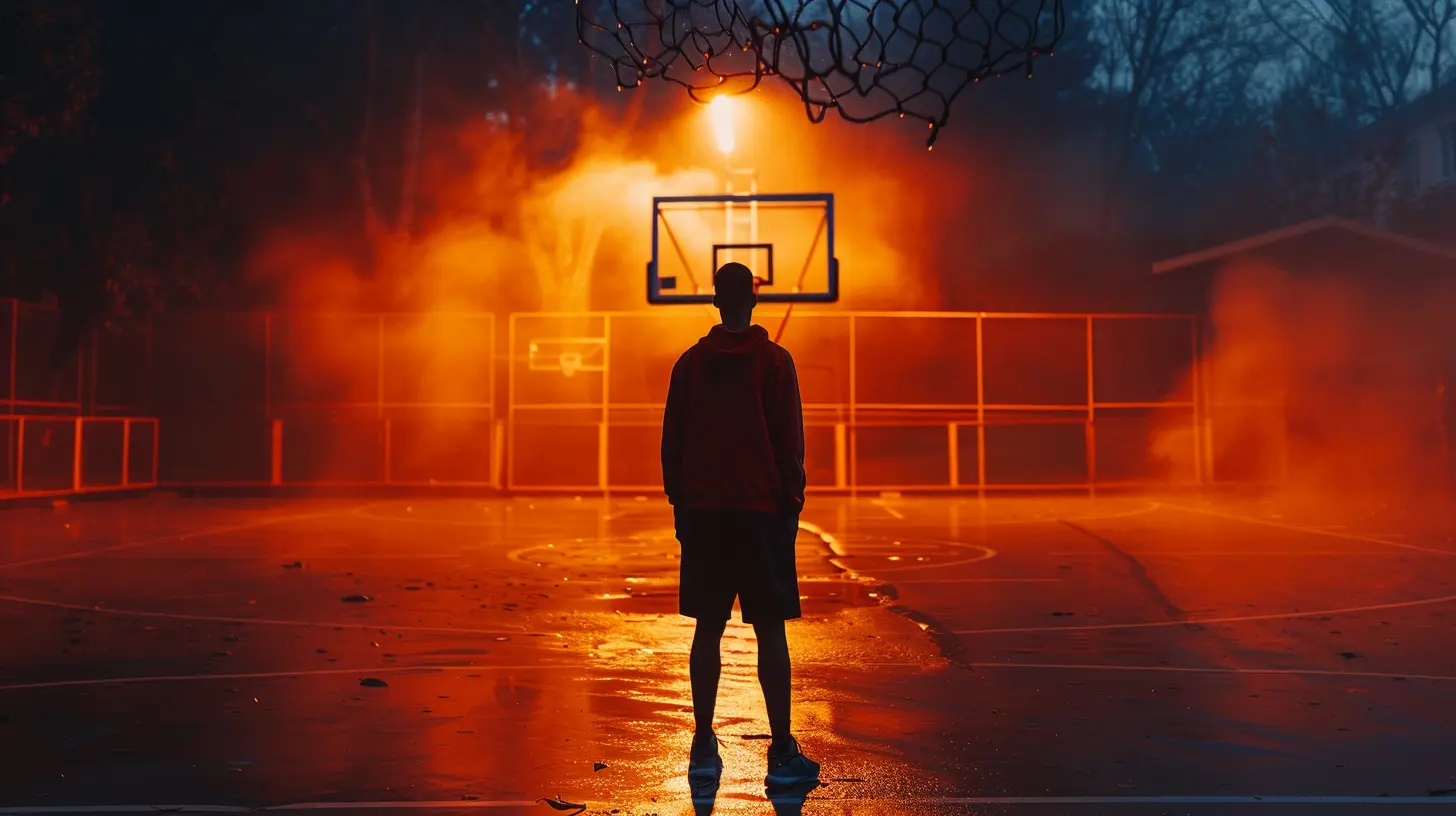
Developing a Pre-Game Mental Routine
Ever heard of players wearing the same lucky socks? Or doing the same warm-up drills in the exact same order? While some of that’s superstition, a consistent pre-game mental routine is a legit technique.Why?
Because it creates familiarity, reduces anxiety, and gets the brain in “game mode.”
Elite players often work with sports psychologists to tailor their pre-game habits—from visualization techniques to listening to calming music or going through affirmations. It’s like flipping a switch from everyday mode to competitive beast.
Handling Slumps and Injuries: The Mental Side of Recovery
Slumps suck. Injuries? Even worse. They mess with your rhythm, your body, and your mind. But here’s the truth: recovery isn’t just physical. Your brain plays a massive role in how you bounce back.Sports psychology helps players reframe setbacks. Instead of spiraling into doubt, they’re taught to focus on what they can control, shift their mindset, and take baby steps back to their peak.
Progressive goal-setting, visualization, and even journaling play a part in managing frustration and staying motivated through tough times.
Team Dynamics: It’s Not Just About You
Basketball is a team sport, and no amount of solo practice can prep you for dysfunctional team chemistry. From egos in the locker room to miscommunication on the court, mental clashes can sink a team faster than poor shooting.That’s where sports psychology shines again—through group sessions, conflict resolution strategies, and leadership development, teams learn how to trust, connect, and move as a unit.
Communication builds chemistry, chemistry builds wins.
The Role of Sports Psychologists in Pro Teams
Ever wonder what goes on behind the scenes of an NBA team? Most franchises now have trained sports psychologists on staff—just like they have strength coaches and nutritionists.These mental experts don’t just jump in when things go wrong. They’re there all season, helping players stay sharp, focused, and emotionally balanced.
Their role includes:
- Helping rookies adjust to the pressure
- Supporting players facing personal issues
- Teaching visualization and mindfulness techniques
- Enhancing leadership skills in veterans
It’s like having a mental pit crew ready to refuel and reset players every game.
Youth and College Basketball: Early Mental Training Matters
The best time to build strong mental habits? Way before you’re in the pros.Youth and college players are under growing pressure—to earn scholarships, gain recognition, and balance academics. Their brains are also still developing, which makes mental training an absolute must.
Teaching young athletes how to manage stress, set goals, and control emotions prepares them not just for basketball, but for life.
Let’s be honest—how many adults do you know who could benefit from that kind of training?
Real-Life Examples: When Sports Psychology Made the Difference
Let’s look at a few memorable moments that weren’t just about physical strength or skill:- Kobe Bryant was known for his “Mamba Mentality”—a fierce, focused mindset built on resilience and discipline. He trained his mind as hard as his jump shot.
- LeBron James has openly embraced visualization and mindfulness techniques, even working with psychologists throughout his career to manage pressure and stay grounded.
- In the NCAA, teams like the University of Michigan and Gonzaga have credited their sports psychologists for helping players perform confidently during March Madness.
These aren’t just outliers. Mental training is the norm for elite performers.
How You Can Start Applying Sports Psychology Today
Even if you’re not chasing an NBA title, the principles of sports psychology can still change your game—or your life.Here are a few easy ways to get started:
- Practice Visualization: Before your next game or workout, close your eyes and visualize yourself performing at your best. Get detailed—see the court, hear the bounce of the ball, feel the sweat.
- Start a Pre-Game Routine: Build habits that prepare your mind, not just your body. Maybe it’s listening to calm music or reviewing your goals.
- Embrace Mindfulness: Try focusing on your breath during breaks or practice staying in the present during drills.
- Self-Talk: Watch how you speak to yourself. Replace “I always mess up” with “I’m improving every time I practice.”
- Set Mini Goals: Instead of one big goal (like winning the championship), focus on smaller, daily wins to maintain motivation.
Final Thoughts: The Mind Is the Hidden Superpower
Let’s not sugarcoat it—basketball at an elite level is brutal, both physically and mentally. But here’s the silver lining: while you might not control your height, your shooting percentage, or your opponent’s defense, you do have control over how you think, feel, and respond.That’s where sports psychology shines. It gives you the tools to show up with confidence, bounce back from mistakes, block out the noise, and truly unlock your potential—on and off the court.
So next time you see a buzzer-beater or a perfect game, remember: some of that magic came from the mind, not just the muscles.
all images in this post were generated using AI tools
Category:
BasketballAuthor:

Easton Simmons
Discussion
rate this article
1 comments
Clara Wallace
Understanding the mental game is key; sports psychology empowers athletes to harness focus, resilience, and confidence for peak performance.
November 8, 2025 at 4:04 AM

Easton Simmons
Absolutely! Sports psychology is essential in helping athletes develop the mental skills needed to achieve their best on the court.


